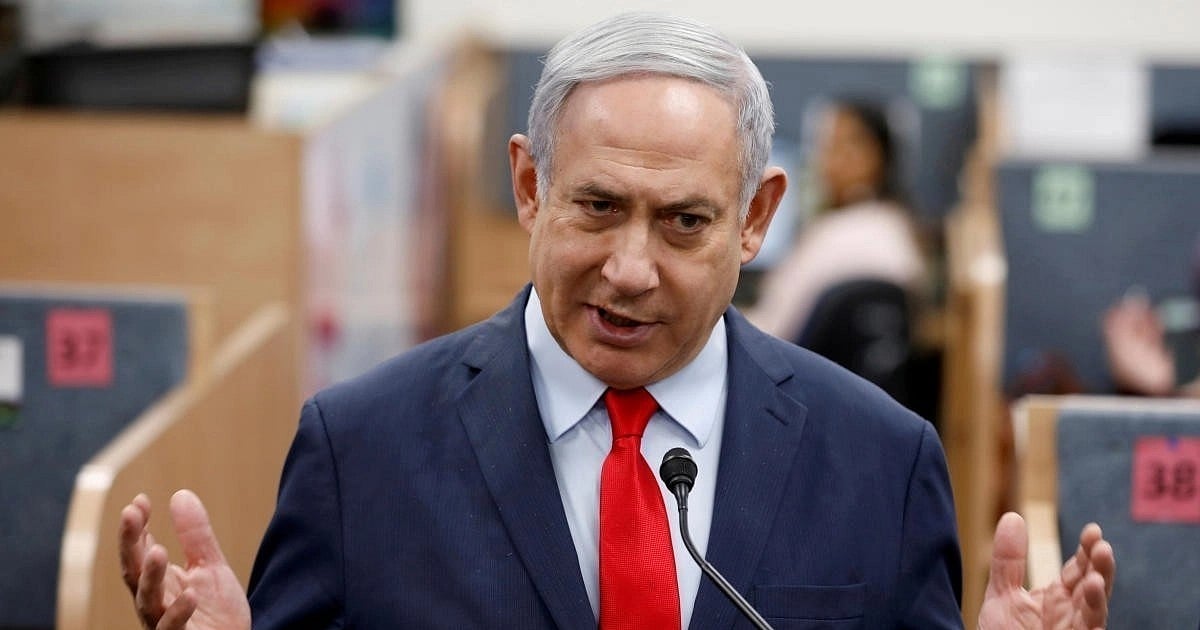 |
|
The ongoing conflict in Gaza has reached a critical juncture, with intense negotiations underway to secure a ceasefire and resolve the complex issue of hostage exchanges. Recent reports suggest that officials from various parties involved are pushing aggressively for a deal that would bring an end to the fighting and secure the release of hostages held by Hamas in Gaza. This potential agreement hinges on a reciprocal release of Palestinian prisoners currently held by Israeli authorities. The delicate balance of power and the deeply entrenched historical grievances make this a challenging negotiation, fraught with potential pitfalls and requiring careful diplomacy to achieve a sustainable resolution.
The proposed ceasefire agreement represents a significant turning point in the protracted conflict. The release of hostages held by Hamas is a paramount concern for many involved, demanding immediate attention and creative solutions. The exchange of prisoners, on the other hand, involves complex legal and political considerations. The identities of the prisoners involved, their alleged crimes, and the potential political ramifications of their release are all factors that need meticulous consideration to prevent further escalation. International pressure is undoubtedly playing a role, with various governments and international organizations urging a swift and peaceful resolution to minimize further suffering and instability in the region.
Several factors contribute to the complexity of this negotiation. The historical context of the Israeli-Palestinian conflict is rife with mistrust and past grievances. Each side brings its own perspectives, demands, and concerns to the negotiating table, creating a difficult environment for reaching a mutually agreeable compromise. The internal dynamics within Hamas and other Palestinian factions are also important considerations, influencing the leverage and ability of negotiators to strike a deal that satisfies all stakeholders. Furthermore, external actors, including regional and international powers, may play a role in influencing the outcome, adding another layer of complexity to the already challenging negotiation process.
The success of this ceasefire hinges on several key elements. Firstly, the trust-building measures between the involved parties are crucial. Open communication, transparency, and a willingness to compromise are essential for establishing a framework for mutual understanding. Secondly, effective mechanisms for monitoring the ceasefire are necessary to ensure both sides adhere to the terms of any agreement. Thirdly, a long-term vision for peace is essential. A ceasefire alone is not sufficient; a sustainable peace requires addressing the underlying causes of conflict, including the Palestinian refugee issue, the status of Jerusalem, and other long-standing disagreements.
Failure to achieve a sustainable ceasefire could have dire consequences. Further escalation of the conflict could lead to increased casualties, widespread destruction, and further humanitarian suffering. The regional instability resulting from a prolonged conflict could also have broader implications for international security. Therefore, the international community has a crucial role to play in supporting the ongoing negotiations and encouraging all parties involved to prioritize a peaceful resolution. The possibility of a successful outcome rests on the willingness of all involved parties to prioritize diplomacy, compromise, and a long-term vision of peace and reconciliation.
In conclusion, the current negotiations for a Gaza ceasefire represent a critical opportunity to address long-standing issues and prevent further escalation of the conflict. The proposed prisoner exchange is a significant aspect of this negotiation, demonstrating the complexities involved in achieving a sustainable peace. The success of this effort hinges on building trust, establishing effective monitoring mechanisms, and addressing the root causes of the conflict. The potential consequences of failure are severe, underscoring the importance of prioritizing diplomacy and a long-term commitment to peace and reconciliation in the region. The international community must continue to play a supportive role, encouraging the parties involved to find a solution that addresses the immediate concerns and lays the groundwork for a more stable and peaceful future.
Source: Gaza ceasefire talk swirls as officials push for deal
